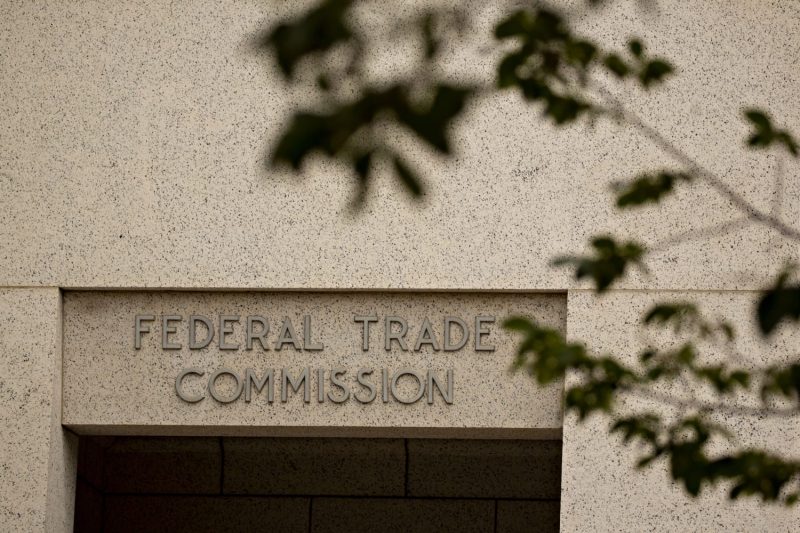Recently, the Federal Trade Commission (FTC) has stirred up feathers within the pharmaceutical world by alleging that three major drug intermediaries have unlawfully inflated the price of insulin, a life-saving medication used by millions. The prime accused are UnitedHealth Group’s OptumRx, Cigna’s Express Scripts, and CVS Health. Incidentally, these companies control the prescription drug plans for over 70% of the U.S. population, thus suggesting their broad impact on the healthcare industry.
The FTC’s complaint, which was filed in the U.S. District Court for the Eastern District of Pennsylvania, accuses these three Pharmacy Benefit Managers (PBMs) of breaching antitrust laws and tacitly manipulating the market. The lawsuit alleges that the PBMs adopted a ‘follow-the-leader’ pricing strategy, leading to periodical increments in insulin prices. The suit points out that this has resulted in higher out-of-pocket costs for many patients who require consistent insulin supply to manage diabetes.
Pharmacy Benefit Managers (PBMs) are intermediary players in the complex healthcare system, primarily responsible for managing prescription drug benefits on behalf of insurers, Medicare Part D drug plans, large employers, and other payers. They play a decisive role in determining the cost and accessibility of prescription drugs for many Americans.
According to the FTC’s complaint, the purported unlawful behavior of these PBMs emerged from the obscure rebating practices that they indulge in. The PBMs allegedly received rebates from insulin manufacturers, which, rather than being passed on to consumers to lower costs, were used to inflate list prices. These types of practices have significantly contributed to the escalating insulin prices in the U.S., which have soared over 250% in a decade.
Despite the legal guilt or otherwise of the PBMs in question, what is clear is that their actions have had significant repercussions for patients. The high cost of insulin has dire consequences for those who depend on it, forcing some to ration their insulin or forego it altogether, putting their lives at risk, according to a study by the American Diabetes Association.
It’s also relevant to note that this FTC lawsuit forms part of an increased trend of antitrust scrutiny directed toward healthcare entities. The FTC under Acting Chairwoman Rebecca Kelly Slaughter has been making concentrated efforts toward rationalizing healthcare costs and addressing anti-competitive behavior in the healthcare sector.
Furthermore, the case is symptomatic of a broader debate in the U.S. about the pricing and affordability of prescription drugs. Despite being over 100 years old, insulin remains exorbitantly priced, and the reasons behind this have long been the subject of controversy.
The charges brought by the FTC have exposed the den of questionable practices by PBMs and cast a light on the complex and often opaque pharmaceutical industry. As the lawsuit unfolds, it is clear that it will spur much-needed conversations about pricing transparency and accountability within the industry.
While legal adjudication will determine the fate of the accused PBMs, this lawsuit amplifies a requisite call for transparency, enhanced competition, and more comprehensive regulation in the pharmaceutical industry. It also fortifies the imperativeness of protecting the rights of patients, especially those battling chronic illnesses like diabetes, who are compelled to bear the brunt of inflated drug prices.
Clearly






























